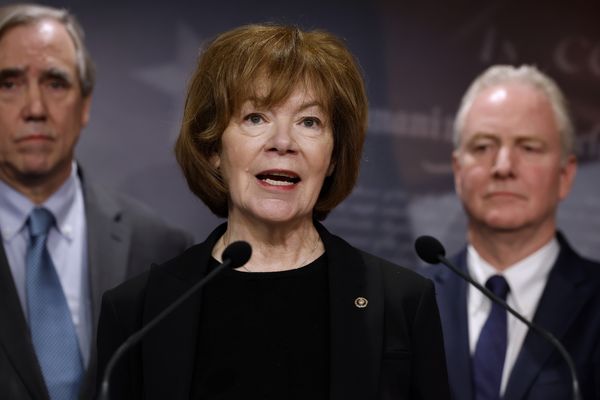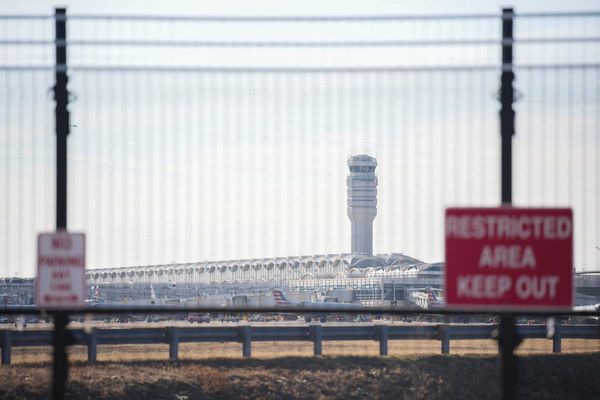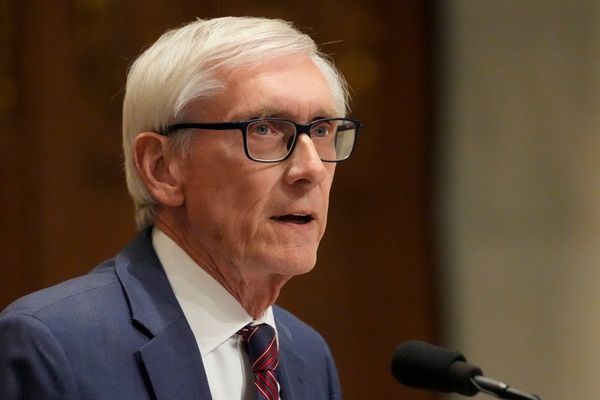As the San Francisco Bay area in California this week celebrated its milestone of 10,000 super charging stations for electric vehicles, the ACT gained another two in Amaroo.
This comes after three, installed by charger supply company Engie, were opened at the Royal Australian Mint in early September.
Canberra has the highest rate of EV ownership per capita in Australia, with some 5300 electric vehicles currently registered in the territory, according to government data.

Another 244 new electric cars hit the ACT market in August alone, this time with market leader Tesla "only" delivering 71 cars, and the balance largely made up by the brands of BYD, Hyundai, Kia, Cupra, MG and Polestar.
Sales of "pure" EVs also outsold hybrid (petrol-electric) vehicles in the ACT by a narrow margin.
The demand for EVs is racing far ahead of supply. Recharging infrastructure is a major source of irritation, particularly for those visiting the territory and depend on public charging.
ActewAGL's partnership with Evie Networks will bring another five public chargers online at three new sites over the three months. The company won't disclose locations but said they would "meet the needs of EV owners in areas of high-density living and popular holiday routes".
There are now just over 100 public chargers in the ACT.
The ACT government has a commitment for another 80 by 2025 and has a $1.5 million infrastructure fund for it. Stage two of the funding program is open now.
Additionally, there is now certainty that funding will flow from the Commonwealth, via the taxpayer-funded Australian Renewable Energy Agency (ARENA), to ultra-wealthy oil companies like Ampol and BP, which are now rolling rechargers out onto their forecourts.
In its submission to a recent government consultation, the not-for-profit, consumer-driven Australian Electric Vehicle Association said that the limited choice and availability of EVs in Australia has has contributed to "a dampened business case for more investment going into recharging infrastructure".
It was also sharply critical of the number of public charging "outages" as "unacceptably high".
"And the time to fix these outages is unacceptably long," the organisation said.

"It is AEVA's view that future grants for such infrastructure should be tied to an obligation to achieve a defined level of availability and service including [a] rapid response to outages."
The association said that as Australia 'could find itself in a situation in the 2030s where we still have many relatively new ICE [internal combustion] vehicles, we have insufficiently developed charging networks, and we are not properly prepared".
"So long as Australia remains an attractive market for ICE vehicles, and any fuel efficiency standard is less stringent than those applied in major markets, manufacturers will continue dumping ICE vehicles in Australia, as it will be cheaper for them to use their existing tooling for longer, rather than move more of their production to EVs."
California was the first US state to introduce tailpipe emission standards in 1966 and always led the rest of the country on steadily tougher emission laws.
The California Energy Commission said that it had hit its 10,000 EV supercharging stations target two years early.
Last year it passed a $4.5 billion EV investment plan, most of which will go into improved EV infrastructure.







